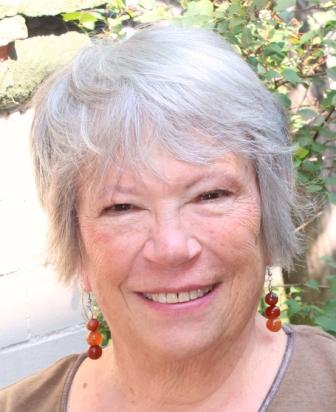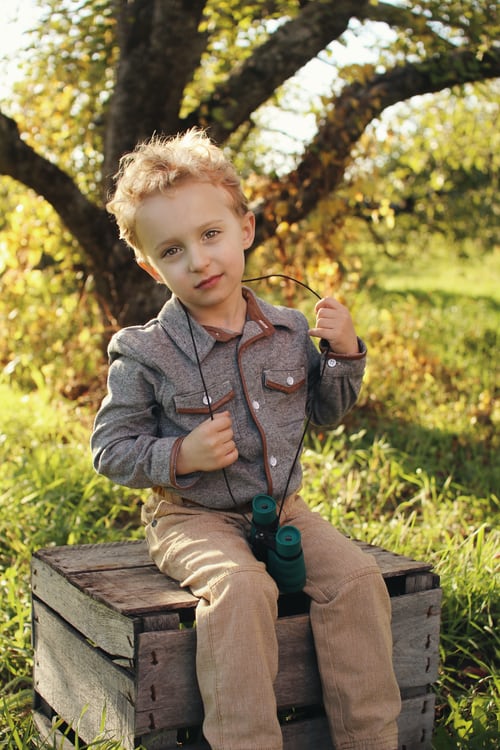I started thinking about my childhood recently, in a more focused and intentional way than I have previously. I wondered if my memories have impacted me, especially as a writer, or if they’re just a collection of miscellaneous impressions? Have they shaped what I’ve become and what I’ve produced?
After an extensive study of about five minutes, I’ve decided what I’ve retained is a handful of rapid situations. They don’t seem to connect to one another or to my life’s evolution. Since my degree is in psychology, I’ve dipped my toe in the indefinable pool of dreams, the unconscious, the subconscious, and the way these intangibles may put their mark on us. A challenge to track these.
I do know as a writer, my memories become fodder for my creations. An incident playing cowboys gets inserted in a story. A friend’s way of tossing her head can identify a character. Perhaps if I pursue memories in an organized fashion, my work will benefit. Others assure me that once I begin plumbing my recollections, I’ll remember more and more. But I mostly want to do it because it’s fun.
Take the thought of an immense wooden packing case. Appliances and large items like furniture used to be delivered in sturdy boxes of timber, not flimsy cardboard or Styrofoam. They also were secured with bendable wire. When one of these items, about four by four by four feet in dimension, showed up in my childhood yard, it jumpstarted ideas. At the time in fifth grade, I was in love with horses. Not that my family had any, but after submerging myself in every horse book I could lay my hands on (think Black Beauty, the Black Stallion series, Misty of Chincoteague), I would have traded my soul for one. Since we lived in a middle-class suburb with too many little brothers and sisters, my chance of getting a horse to ride was zero.
Luckily, my imagination was unfettered. The box became a stage coach; my siblings, passengers; and I was the driver. It seems now as if I spent the entire spring taking imaginary journeys, complete with hold-ups, runaway horses, and broken wheels. My mind galloped to other ideas. Once I threw a ragged discarded bedspread over it, the crate began to double as a cabin, . . . a school with my siblings as reluctant scholars once I lined them up in rows.
To this day, when I see a box of similar dimensions, my heart speeds up and I immediately begin plotting what it could be used for. A temporary hiding place from thieves, a corral for pets or small children. This memory makes me happy, even if I don’t use it for anything productive. Research has shown that reminiscing has the capacity to reduce loneliness, boredom, stress and depression, and help in dealing with traumatic experiences. As writers, we possess a treasure trove to dip into to enliven, expand, and stimulate our creativity.
If you wonder about the value of wasting time remembering, just ask someone with a friend or loved one who’s lost his reminisces through Alzheimer’s or dementia. Only a hollow shell of HIM remains. He’s able to eat, mumble, sleep; but his essence has vanished. So I’ll keep pulling out these miscellaneous snippets of memory to help me make sense of my past, present, future. They’re the building blocks of my spirit.
#####

Bonnie McCune has been writing since ten, when she submitted a poem to the Saturday Evening Post (immediately rejected). This interest facilitated her public relations career in nonprofits. Simultaneously, she’s been a freelance writer with local, regional, and specialty publications. She’s published several books of women’s fiction. Her latest is NEVER RETREAT, into which she inserted a memory of her big sister teaching herself to throw a lasso. You can reach her at BonnieMcCune.com.


What a wonderful tribute to memory and remembrance! Thank you for sharing your imagination with us.
Bonnie,
Very interesting. Writers are good at memory. I’m surprised at how sometimes people have a very incoherent, puzzled account of their past. Not you, though.